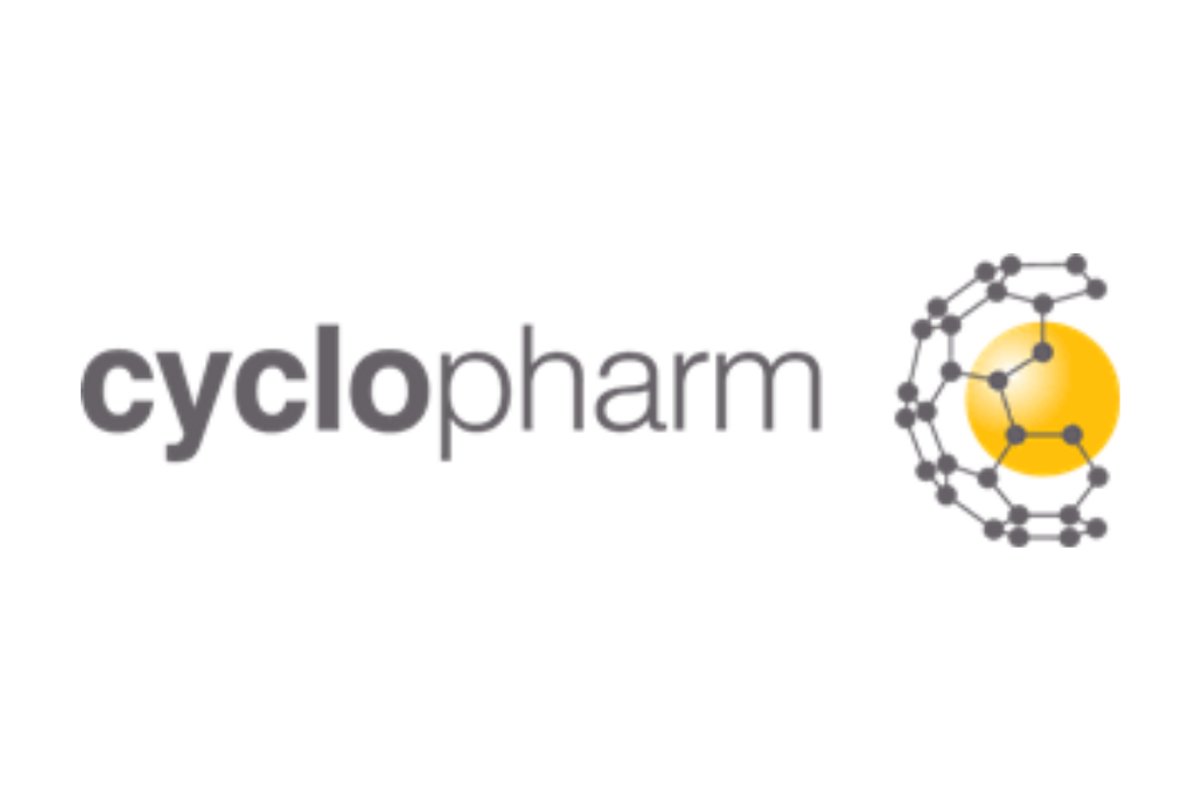- 2'-Fucosyllactose Oligosaccharide † (2'-FL † ) is now available in Abbott's infant formula, Similac Pro-Advance®
- HMOs, like 2'-FL, in breast milk help support a baby's immune system [1]
- HMOs, like 2'-FL, feed good bacteria in the breastfed baby's digestive tract that are important to helping build immunity [2],[3],[4]
- Abbott (NYSE: ABT) launched its most innovative infant formula yet, Similac Pro-Advance® with 2'-Fucosyllactose Oligosaccharide † (2'-FL † ), which is the first product in Canada with this breakthrough ingredient in infant formula.
Breast milk is considered the gold standard to feed an infant, and breastfed babies tend to have stronger immune systems compared to those who are fed formula. This is due in part to the many immune components found in breastmilk, including the protective qualities of human milk oligosaccharides (HMOs). 1,5,6,7 HMOs are the third most abundant solid component of breast milk after fat and carbohydrates (lactose 1,8 ), and research has shown they play a fundamental role in a baby's digestive health and immunity. 1,3,9 One of the best-known functions of HMOs is that they act as prebiotics, nourishing the good bacteria in the baby's gut. 1,10 2'-fucosyllactose (2'-FL) (pronounced 2 fyou-ko-sil-lac-tose) is the most abundant HMO found in the breast milk of most mothers. 11,12
For some parents, breast milk is not always available or chosen. And, for babies who are not exclusively breastfed, infant formula is the only suitable and safe alternative. That's why Abbott developed a new Similac formula with 2'-FL † , which is an ingredient identical in structure to 2'-FL HMO, an immune component found in breast milk. 2,3,4 Abbott is a leader in HMO and 2'-FL † research, and has sponsored at least 20 clinical and pre-clinical studies on the topic, leading the company to develop Similac Pro-Advance ® with 2'-FL † .
New understanding and scientific developments have allowed Abbott's scientists to harness the power of 2'-FL † in infant formula , an innovation designed to help support a baby's developing immune system. New data continues to deepen the evidence for the beneficial impact of 2'-FL on infant gut and immune development.
"Parents want to know that their child is getting the nutrition they need, and breastfeeding is known to have many health benefits," says Nishta Saxena , a Registered Dietician and Nutritionist of her own practice, Vibrant Nutrition. "Parents who use formula can feel more confident, knowing that the inclusion of 2'-FL † in infant formula was inspired by an immune component found in human milk."
Rachael Buck , Ph.D., Research Fellow at Abbott said, "At Abbott, we know that breast milk provides protective components a baby needs to thrive. That's why we have spent more than 20 years researching HMOs and their impact on immune and gut health so that we can understand the role they play in supporting the development of a baby's immune system during the critical first years of their life. We wanted to replicate 2'-FL found in breast milk so that more babies could possibly benefit."
Research published in the Journal of Nutrition studied more than 200 babies to compare the differences between breastfed babies and those fed formula with or without 2'-FL † . 2 , 4 The peer-reviewed study found that formula-fed babies had five gaps in immune markers compared to the breastfed group. When babies were fed formula with 2'-FL † , these measures of immune function were more like those seen in the breastfed reference group. 2 This shows that 2'-FL † may help support baby's developing immune system.
Similac Pro-Advance® with 2'-FL † will be available in all major retailers.
For further information about Similac® and the benefits of 2'-FL † please visit www.similac.ca
Important notice: Breast milk is best for babies, as it contains many immune factors not available in infant formula and its use is recommended for as long as possible during infancy.
Breastfeeding provides many benefits to both mother and baby. We recommend that you speak to your healthcare professional for advice on how to feed your baby.
† Not derived from human milk; identical structure to 2'-FL found in breast milk.
About Abbott:
Abbott is a global healthcare leader that helps people live more fully at all stages of life. Our portfolio of life-changing technologies spans the spectrum of healthcare, with leading businesses and products in diagnostics, medical devices, nutritionals and branded generic medicines. Our 107,000 colleagues serve people in more than 160 countries.
Connect with us at www.abbott.com , on LinkedIn at www.linkedin.com/company/abbott-/ , on Facebook at www.facebook.com/Abbott and on Twitter @AbbottNews.
References
1 Jantscher-Krenn E., Bode L. Human milk oligosaccharides and their potential benefits for the breast-fed neonate. Minerva Pediatr . 2012;64:83–99.
2 Goehring K et al. Similar to Those Who Are Breastfed, Infants Fed a Formula Containing 2′-Fucosyllactose Have Lower Inflammatory Cytokines in a Randomized Controlled Trial. Journal of Nutrition . 2016; 147(9)
3 Bode L. Human milk oligosaccharides: everyone needs a sugar mama. Glycobiology . 2012;22(9)
4 Marriage B. et al. Infants Fed a Lower Calorie Formula With 2′FL Show Growth and 2′FL Uptake Like Breast-Fed Infants. Journal of Pediatric Gastoenterology and Nutrition . 2015; 61(6)
5 Field CJ. The immunological components of human milk and their effect on immune development in infants. J Nutr . 2005;135(1):1–4.
6 Iyengar SR, Walker WA. Immune factors in breast milk and the development of atopic disease. J Pediatr Gastroenterol Nutr. 2012;55(6):641-7.
7 Gregory KE, Walker WA. Immunologic Factors in Human Milk and Disease Prevention in the Preterm Infant. Curr Pediatr Rep. 2013;1(4):10.
8 Zivkovic AM, German JB, Lebrilla CB, et al. Human milk glycobiome and its impact on the infant gastrointestinal microbiota. Proc Natl Acad Sci . 2011;108(Suppl 1):4653-8.
9 Vázquez E et al. The Metabolic Fate of 2'-Fucosyllactose Depends on its Route of Administration. Abstract presented at the 50th Annual Congress of the European Society for Paediatric Gastroenterology, Hepatology and Nutrition (ESPGHAN) . 2017;N-eP-021, page 807
10 Underwood MA, Davis JCC, Kalanetra KM, et al. Digestion Of Human Milk Oligosaccharides By Bifidobacterium Breve In The Premature Infant. J Pediatr Gastroenterol Nutr. 2017;65(4):449-455.
11 Lewis ZT, Totten SM, Smilowitz JT et al. Microbiome . 2015;3:13.
12 Castanys-Munoz, E., M.J. Martin, and P.A. Prieto. 2'-fucosyllactose: an abundant, genetically determined soluble glycan present in human milk. Nutr Rev. 2013;71(12):773-89.
SOURCE Abbott

![]() View original content: https://www.newswire.ca/en/releases/archive/November2020/17/c1862.html
View original content: https://www.newswire.ca/en/releases/archive/November2020/17/c1862.html





